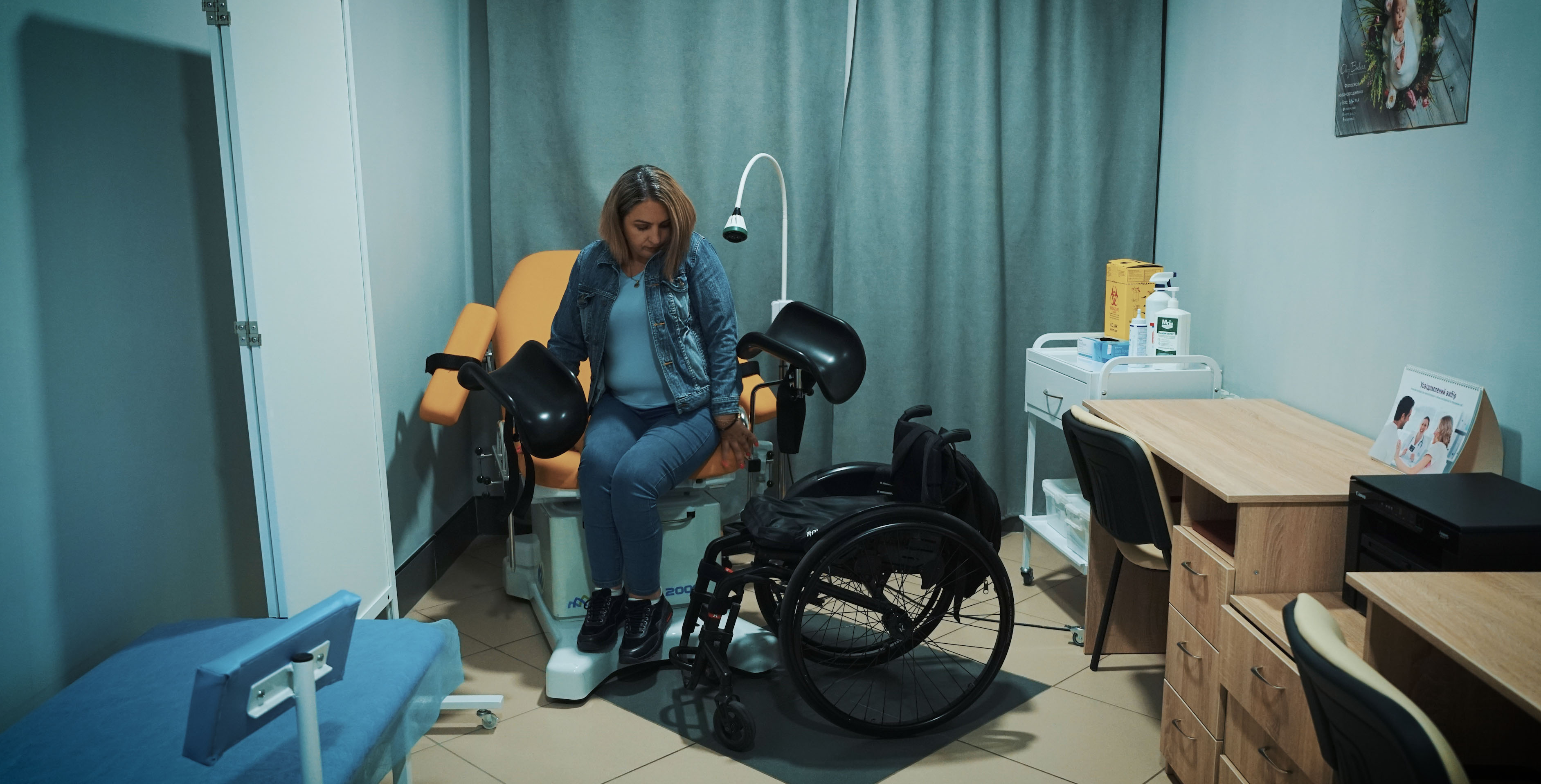
Valeriia Didenko is the Communications Manager for Woman Health and Family Planning and is based in Kyiv, Ukraine.
Articles by Valeriia Didenko

Three Years Under Fire: How the Russo-Ukrainian War Continues to Affect Women
Today, the 24th of February 2025, marks the third anniversary of the Russo-Ukrainian war. Despite reports of potential negotiations and a resolution, the mood of Ukrainians on achieving fair peace remains unchanged. They continue to go to work, attend school, volunteer, support the military, and mourn their losses. The shock in the first weeks and months following Russia's full-scale invasion was profound and very different from their experience today. The initial period was marked by disbelief that it was happening, and the hope that the conflict would end in a few months. But over the years, we have learned to live in a constant state of war. Now, the uncertainty is fuelled by the ongoing realities of war: from military losses and family separation, to the crushing feeling of lives put on hold, and the constant threat of death or loss of loved ones, whether on the battlefield or from rocket or drone attacks. Ukrainian society faces an agonising dilemma of when to seek some form of peace versus continuing to fight. They question whether any peace would be fair, or whether the agreement will be similar to the one signed in 2014, and never truly guarantee security from Russia. It remains a painful fact for Ukraine that external support and interest is subject to shifting global political trends. Humanitarian assistance often hinges on policy changes that are disconnected from on-the-ground needs. There is no stability here, which is what a country at war needs. After eight years of hybrid war with the Crimea and Dondas region occupation, the full-scale invasion on the 24th of February, 2022, changed everything in women’s lives — the place they live, their family situation and the career they might have had. This war, like so many across the world, has exacerbated gender inequality, eroding hard-won gains in the struggle for equal rights and responsibilities. The majority of women take care of children and elderly relatives whilst balancing household work and a career. Men largely defend Ukraine's independence and their families. Alongside this, sexual and gender-based violence has increased, and there are a host of new challenges - displacement, unemployment, and the need to protect both themselves and their children.









